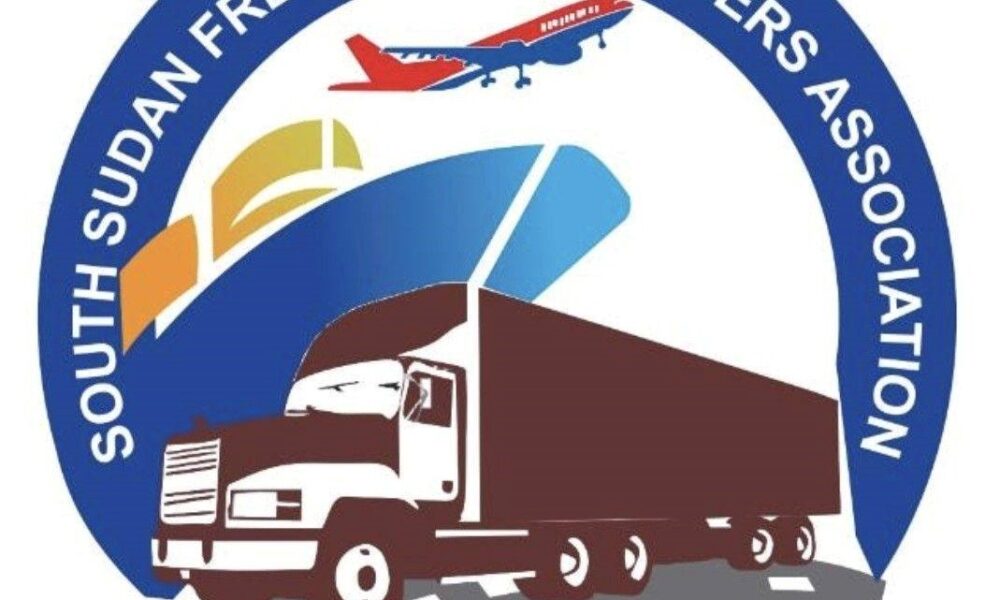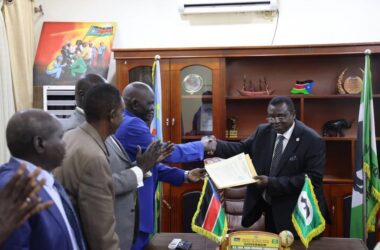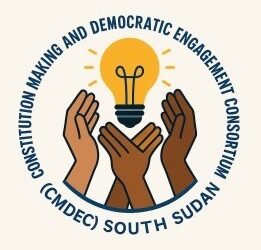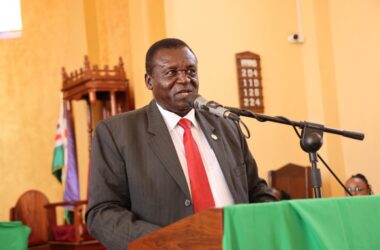By Philip Buda Ladu
South Sudan Freight Forwarders Association (SSFFA) has National Bureau of Standards (SSNBS) for regulating imports, ensuring standard quality goods, into the country.
While expressing ‘heartfelt congratulations’ for the SSNBS’s efforts, the association also urged the Bureau to address significant concerns regarding the credibility and conduct of its laboratory technicians.
In a statement issued Friday addressed to the SSNBS Executive Director seen by this outlet, the SSFFA lauded the Bureau’s commitment to enforcing quality and safety measures for imported goods.
The association highlighted that these actions are crucial not only for consumer protection but also for fostering fair competition and strengthening the integrity of South Sudan’s trade ecosystem.
“By prioritizing compliance with national standards, the SSNBS has significantly contributed to reducing substandard and unsafe products in the market, benefiting businesses, consumers, and the economy as a whole,” the SSFFA noted.
The association also acknowledged the collaborative efforts between the SSNBS and stakeholders in the logistics and trade sectors, emphasizing that the Bureau’s proactive approach to standardization has enhanced efficiency, minimized risks, and promoted transparency in cross-border trade, factors deemed essential for sustainable economic growth.
However, alongside its commendation, the SSFFA raised a serious issue concerning the performance and credibility of SSNBS laboratory technicians.
The statement revealed that “many clients have expressed concerns about the behavior of some technicians, with reports that some have requested favors or threatened to fail consignments on purpose if not accommodated.”
As such, the SSFFA encouraged the SSNBS office to monitor these issues closely.
The SSFFA concluded its message by reiterating its congratulations on the SSNBS’s significant achievements and expressed its anticipation for a continued partnership in fostering a robust, standards-driven trade environment for the prosperity of South Sudan.
Moreover, the association implicitly suggested that addressing the laboratory concerns would further strengthen this partnership.




